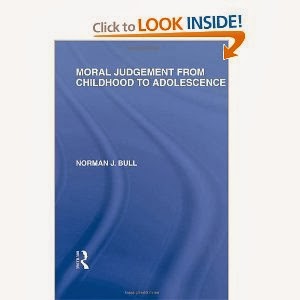Publication Date: February 2, 2010 | ISBN-10: 041556381X | ISBN-13: 978-0415563819 | Edition: 1
Charles Bailey advances a modern characterization and
justification of liberal education and defends such a view of liberal
education against contemporary challenges. The book will be of special
value to those guiding educational policy, designing curricula and
reflecting on their own teaching practice. An introductory part of the
book describes the need for justification and the special nature of
liberal education as compared with other characterizations of education
in utilitarian terms. The author offers a positive account of the
content of liberal education, after a consideration and critique of the
work of Paul Hirst, Philip Phenix and John White and follows this with
an account of teacher strategy, attitude and methodology appropriate to
liberal education. The final part of the book describes contemporary
trends and challenges to the idea of liberal education and shows how
they fail to provide a coherent alternative to liberal education as a
basis for universal compulsory education.
Download : (all through adfly)
Uploaded
Mediafire




